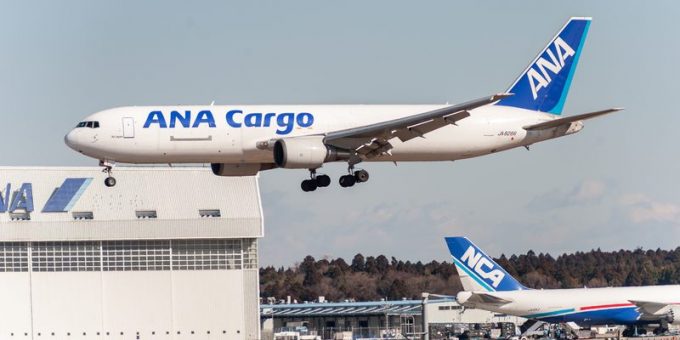US chassis-makers join chorus of trade barrier advocates over 'dumping'
Since mid-January the US government has unleashed a strong push against trade flows with a ...

Air freight capacity is plummeting and prices are soaring – but sea-air could help alleviate the problem.
Not only has the US implemented a ban on Russian aircraft, resulting in American carriers being unable to overfly Russia, but some Asian airlines are contemplating stopping operations to the UK and Europe.
Japan’s ANA and JAL told The Loadstar they were awaiting decisions on whether they will continue to fly to Europe and the UK, as their government considers taking steps against Russia which would also ...
'Disastrous' DSV-Schenker merger would 'disrupt European haulage market'
New senior management for DSV as it readies for DB Schenker takeover
Volumes set to 'fall off a cliff' as US firms hit the brakes on sourcing and bookings
Asian exporters scramble for ships and boxes to beat 90-day tariff pause
Amazon pushes into LTL for small package fulfilment and UPS does a u-turn
Temporary tariff relief brings on early transpacific peak season
Pre-tariff rush of goods from US to China sees air rates soar, but not for long
Forwarders 'allowing the fox into the chicken run' by supporting 'hungry' carriers

Comment on this article